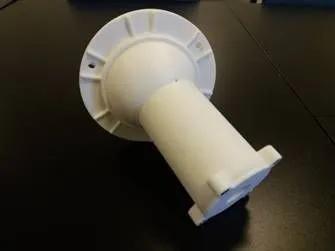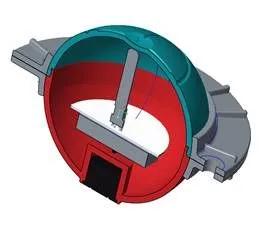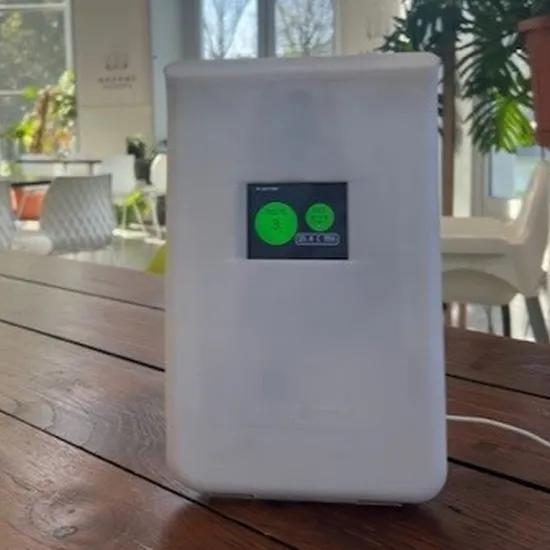Within the framework of a Smart Cities project, Sirris, alongside Multitel, is developing a sensor that measures the filling level of bottle banks, in real time.
The FEDER Wal-e-Cities portfolio, supported by Multitel and its partners (4 R&D centres including Sirris, 5 universities, 1 institute, 50 associate businesses), relates to the development of Smart cities within an interconnected Walloon region. Its main objective is to develop systems and software that make it possible to deliver services and fulfil requirements in the areas of: mobility; energy and environment; transparent data exchange market; quality of life and citizen well-being.
One of the first demonstrators developed relates to recycling and the optimisation of bottle bank management. The companies responsible for collecting empties in the bottle banks currently operate standardised rounds and sometimes arrive at the collection sites when the bottle banks are only half full.
Being able to measure the fill level of these containers in real time and make this information available to more parties would certainly have environmental benefits.
Indeed, this would facilitate a reduction in the number of unnecessary trips and tailor the size of lorry to the amount of glass to be collected. More information would help the user to check if the bottle bank was full before setting off, which in turn would reduce the number of deposits left outside the bottle bank. Any possible gain for the city and its citizens!
Multitel and Sirris have endeavoured to develop an autonomous ultrasound sensor that measures the filling level of bottle banks in real time and communicates the information via the LoRa network. Sirris, in particular, has developed the packaging, which must meet fairly stringent criteria in relation to mechanical strength (on emptying the container for example), the ability to withstand vandalism, and the assembly/disassembly process, etc.
For example, it is necessary that the gradient of the sensor can be adjusted subtly, which has required a ball assembly allowing for adaptation to various ball shapes.
The design and calculation of the smart object led to, after 2 prototype stages, pre-production of 50 parts which are currently being tested on site.
After this proof of concept, another version of the sensor will be developed to meet the city requirements for monitoring street rubbish bins.






